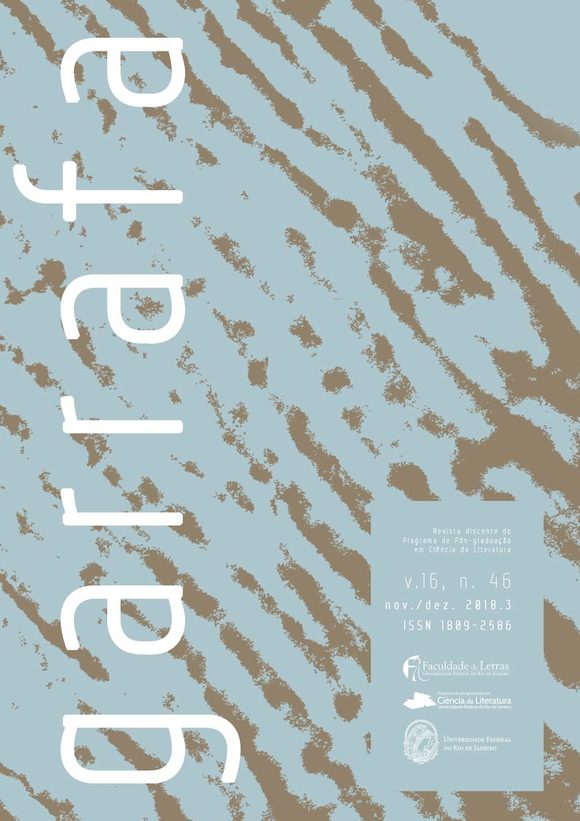The impact of the ocean: how Neil Gaiman builds tension in The Ocean at the End of the Lane
Abstrakt
Gaiman's The Ocean at the End of the Lane (2013) rendered the author, according to a speech given at Google in 2013, the best reviews of his life. Interestingly enough, the writer claims that this specific work stands out among his other writings in at least two senses: (1) it is somehow autobiographical and pervaded by feelings, and (2) it was written "accidentally". The present work aims at investigating how the stylistic and narratological choices made by Gaiman helped him build tension in The Ocean at the End of the Lane , and how they contribute to the construction of a multilayered narrative that, besides being impacting, stands out among his other novels. To do so I will perform a close reading of the work while relying mainly on the studies on narratology as proposed by Genette (1980) and Herman and Vervaeck (2005), Piglia's (2004) theses on the short story, and on Shen's (2005) researches on stylistics. By approaching the studies of these scholars to the way the novel was written and the author's comments on it, I hint on the possible interpretations of the narrative plot.
Keywords: Literary Theory. Narratology. Neil Gaiman. Stylistics.
Pobrania
Opublikowane
Numer
Dział
Licencja
Autores que publicam nesta revista concordam com os seguintes termos:
- Autores mantém os direitos autorais e concedem à revista o direito de primeira publicação, com o trabalho simultaneamente licenciado sob a Licença Creative Commons Attribution que permite o compartilhamento do trabalho com reconhecimento da autoria e publicação inicial nesta revista.
- Autores têm autorização para assumir contratos adicionais separadamente, para distribuição não-exclusiva da versão do trabalho publicada nesta revista (ex.: publicar em repositório institucional ou como capítulo de livro), com reconhecimento de autoria e publicação inicial nesta revista.
- Autores têm permissão e são estimulados a publicar e distribuir seu trabalho online (ex.: em repositórios institucionais ou na sua página pessoal) a qualquer ponto antes ou durante o processo editorial, já que isso pode gerar alterações produtivas, bem como aumentar o impacto e a citação do trabalho publicado (Veja O Efeito do Acesso Livre).

